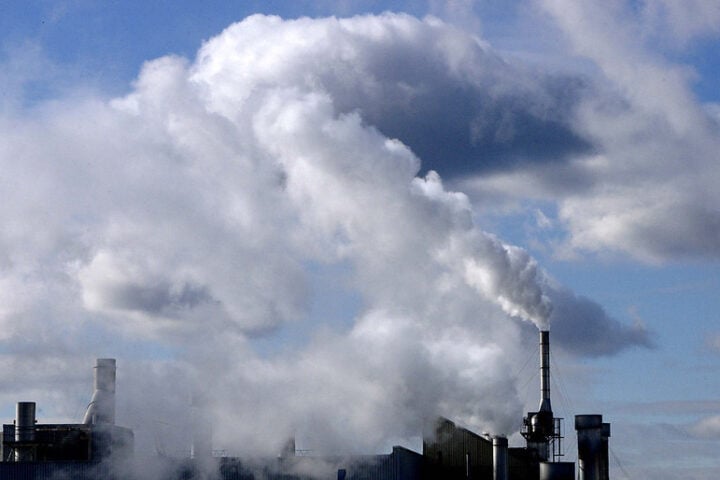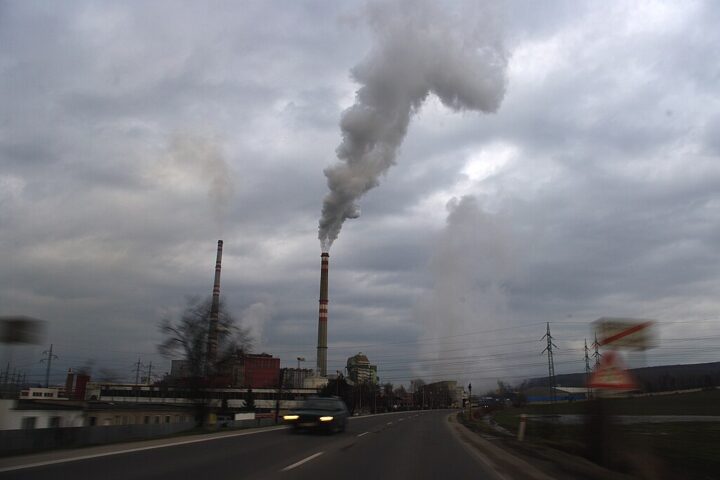The Delhi government has presented this issue before the National Green Tribunal (NGT). Earlier, the tribunal had emphasized the need to analyze the ‘psychological aspects’ of the decline in air quality in the national capital, seeking responses from various authorities including the Delhi government and the Central Pollution Control Board (CPCB). Their concern is that air pollution in India is deteriorating people’s mental health, causing sadness, difficulties in remembering things, and reducing their ability to face life’s challenges.
The bench, led by Justice Prakash Srivastava, noted that the health department of the Delhi government had submitted a response highlighting various studies that show the adverse effects of air pollution on health. The bench considered a report that provided evidence of the impact of air pollution on mental health in India, causing problems such as sadness, difficulties in remembering things, and reduced ability to face life’s challenges.
Similar Post
The bench included judicial member Justice Sudhir Agarwal and expert member A Senthil Vel. The tribunal stated in an order on April 2nd that the report submitted by the health department also mentioned that air pollution has increased psychological distress among people, particularly in rural and economically weaker populations. Taking into account the response from the CPCB, the tribunal noted that the monitoring of certain air pollutants including ammonia, lead, nickel, arsenic, and benzo(a)pyrene was not being conducted. The tribunal has scheduled the next hearing for July 10th.
Delhi Government’s struggle with air pollution continues with no respite in sight. Moreover, many other cities have joined the worsening list of AQI now. IQAir’s 2023 report has only 8 non-Indian cities in the top 50 most polluted cities, making India the headquarters of air pollution.












![Big city Los Angeles smog building [photo source: pixabay] [PDM 1.0]](https://www.karmactive.com/wp-content/uploads/2025/04/46-of-Americans—156-M—Now-Breathe-Hazardous-Smog-and-Soot-State-of-the-Air-Report-Exposes-Decade-High-Pollution-1.jpg)



